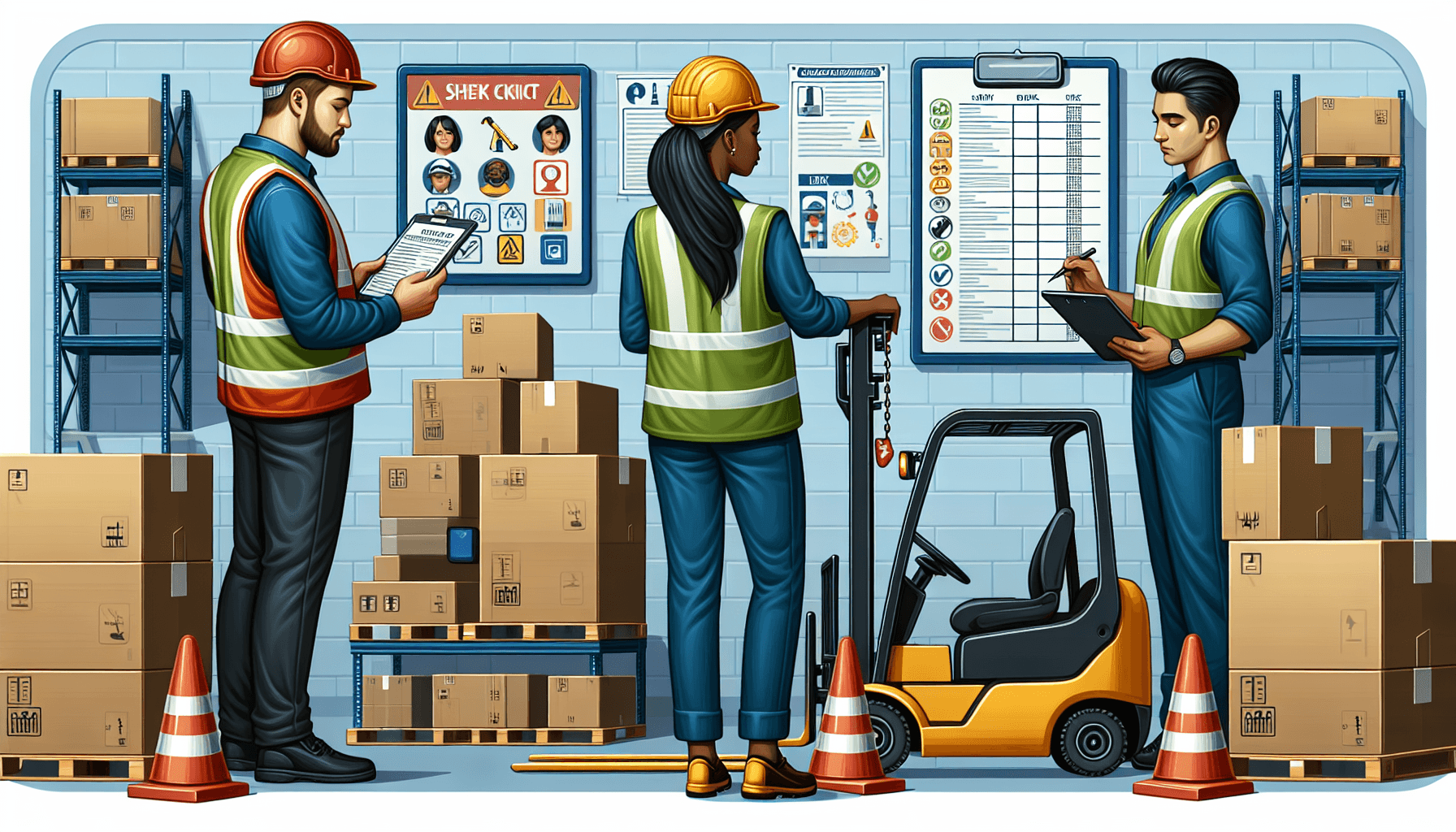When it comes to warehouse operations, safety should always be a top priority. This is especially important when it involves diverse workforces, where employees may have varying levels of experience and familiarity with warehouse equipment. One of the key areas of concern in any warehouse setting is forklift safety. Forklifts are essential for efficient material handling, but they can also present serious hazards if not operated properly. In this article, we will explore the importance of forklift safety in diverse workforces and provide some valuable tips to ensure a safe working environment.
The Importance of Forklift Safety
Forklifts are powerful industrial vehicles used to lift and transport heavy loads across warehouse facilities. They are versatile machines that streamline warehouse operations and increase productivity. However, without proper safety measures, forklifts can pose significant risks to both operators and those working nearby.
One of the main reasons forklift safety is crucial in diverse workforces is the variance in experience levels among employees. In a multicultural and diverse workforce, there may be employees who have never operated a forklift before or are not familiar with the safety guidelines. This lack of knowledge can lead to accidents, injuries, and even fatalities.
Implementing comprehensive forklift safety training programs is essential to ensure that all employees, regardless of their background, understand the risks involved and know how to operate forklifts safely. By providing proper training, employers can bridge the knowledge gap and empower their workforce to work safely and efficiently.
Tips for Forklift Safety in Diverse Workforces
Here are some important tips to promote forklift safety in diverse workforces:
- Invest in thorough training: Provide comprehensive forklift training programs for all employees, including those with limited prior experience. Focus on areas such as general safety practices, equipment operation, load handling, and emergency procedures. Regularly revisit and reinforce the training to ensure the knowledge stays current.
- Encourage open communication: Foster a culture of open communication, where employees feel comfortable reporting any safety concerns or near-miss incidents. Encourage them to ask questions and seek clarification if they are unsure about safety protocols or operating procedures.
- Establish clear communication protocols: In diverse workforces, language barriers can be a challenge. Implement clear communication protocols, such as standardized hand signals or the use of multilingual signs, to ensure effective communication between forklift operators and other workers.
- Regular equipment maintenance: Conduct regular inspections and maintenance of forklifts to identify any potential issues or malfunctions. Regular maintenance reduces the risk of accidents caused by faulty equipment and ensures the safe operation of forklifts.
- Proper PPE usage: Emphasize the importance of personal protective equipment (PPE) such as hard hats, high-visibility vests, and safety shoes. Make sure employees understand when and where PPE is required and provide the necessary equipment to all workers.
- Implement traffic management strategies: Develop and enforce traffic management strategies to prevent collisions between forklifts and pedestrians. Create separate designated areas for pedestrians and forklifts, use barriers and warning signs, and establish clear right-of-way rules to minimize the risk of accidents.
- Regular safety evaluations: Conduct regular safety evaluations of warehouse operations to identify areas for improvement and ensure ongoing compliance with safety standards. Consider hiring professionals, such as HCO Innovations, to perform a comprehensive warehouse safety evaluation to uncover any potential hazards and recommend improvements.
By following these tips, warehouse managers can create a safer working environment for all employees, regardless of their level of experience or background. Prioritizing forklift safety in diverse workforces not only reduces the risk of accidents and injuries but also promotes a culture of safety and boosts overall productivity.
At HCO Innovations, we understand the importance of warehouse safety. We specialize in providing warehouse optimization solutions to enhance safety, productivity, and efficiency. Our team of experts can assist you in identifying potential hazards, developing effective safety strategies, and conducting a thorough warehouse safety evaluation to ensure compliance with safety standards. To learn more about our services, visit our warehouse safety evaluation page.

